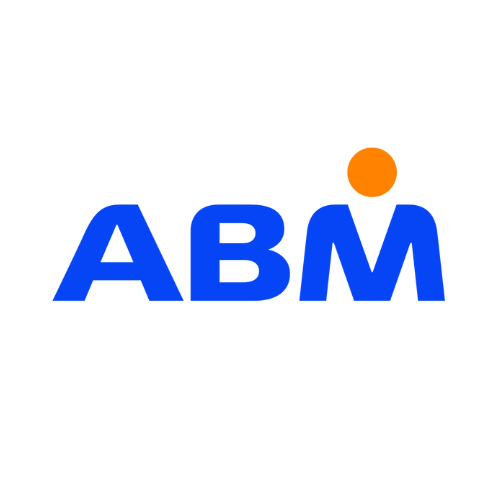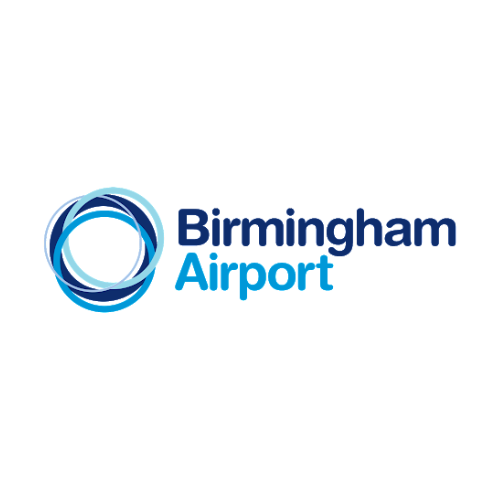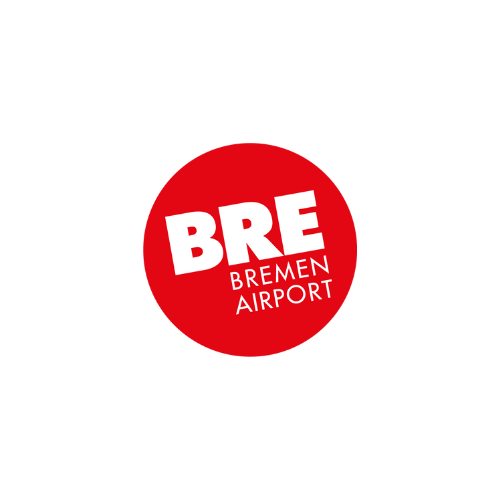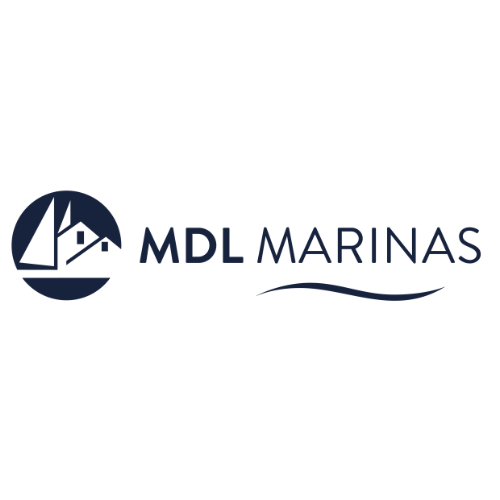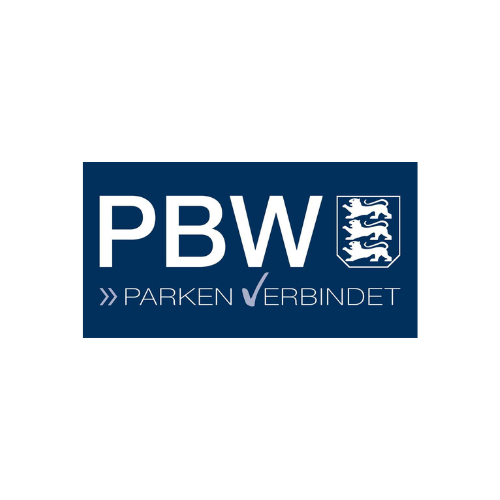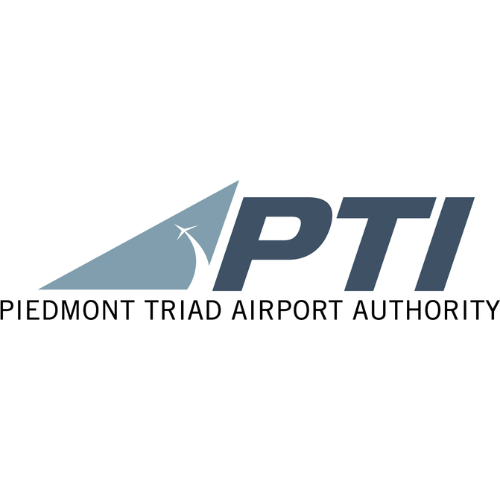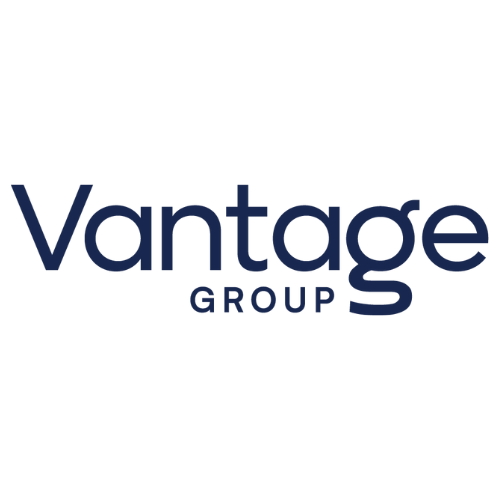The global parking management market, valued at USD 5.38 billion in 2022, is projected to grow to USD 12.91 billion by 2032. As the market grows and technology evolves, smart parking apps and alternative transport such as Uber have disrupted the way we park, with 17% of drivers now using apps to find a parking spot. With the average driver spending about 91 hours a year searching for a spot, the need for better parking management is obvious.
To stay competitive, parking operators should focus on engaging customers and keeping them coming back. While acquiring new customers is important for revenue, the real long-term success lies with customer retention.
What is customer retention?
Customer retention is the strategy your business uses to increase the number of repeat customers and their profitability. It aims to keep customers returning regularly to your facility and spending more money.
Why are existing customers important for your business?
Retaining existing customers offers several key benefits:
- Increased profits: According to management consulting firm Bain & Company, increasing customer retention rates by only 5% increases profits by between 25% and 95%.
- Higher revenue: Existing customers are likely to spend 31% more than new customers. This becomes especially valuable in the crowded ecommerce arena where the cost of clicks and conversions can be high.
- Stronger relationships: Happy customers know your brand, appreciate your product or service and use your facility and they’re likely to not only be repeat customers, but also to recommend your brand to others. In fact, 52% of customers reported that they went out of their way to buy from their favourite brands, while 60% were happy to share their favourite brands with friends and family.
You could focus on continually repeating the process of engaging a new customer, but it is much more profitable to invest in people who already park with you. Your parking business can develop a customer retention strategy to keep customers happy and encourage repeat business.
There are many concepts within business that will improve customer retention, but what tangible actions can you take to develop and maintain those all-important relationships?
1. Know your customer
Customer retention is only possible if you know your customer. But what information do you need to know? How do you collect this data, and most importantly, how do you improve what needs improving?
Clear, actionable, real-time insights about your business will enable you to build a retention strategy that increases profitability for the long term. To achieve this, you need access to specific information:
- Repeat customer rate: The percentage of customers willing to purchase from you again
- Purchase frequency: How often customers come back to your facility
- Average order value: The amount of money a customer spends per transaction
It is easier to calculate these aspects of your business than it may seem. An integrated car park booking system and CRM can help you gather and analyse this data, providing insights into how much each customer is worth
2. Use customer accounts
Your parking app should enable customers to create accounts that make it more convenient to book a slot, access personalised offers and services, and complete transactions faster.
Some users may prefer to checkout as guests because of the trust and commitment involved in setting up a customer account. In fact, 26% of consumers abandoned an online purchase because they were required to create an account to complete the transaction. Consider enabling customers to register after they complete their first booking. This approach ensures that the registration process does not deter first-time customers from making purchases.
On the booking confirmation screen and email, share information on the benefits of creating a customer account, such as:
- the ability to save preferences and payment information to speed up future bookings
- eligibility for tailored promotions and discounts
- easy access to their booking history that makes it simpler to manage expenses and plan future trips
3. Prioritise customer service
Good customer support systems mean you can communicate with your customer and offer appropriate assistance for their issues. Implementing features such as live chat, AI chatbot, or help desk tool can enhance both pre- and post-sale interactions. These tools can turn enquiries into sales and complaints into positive experiences. More often than not, a well-resolved complaint can turn a potentially unhappy customer into a loyal repeat booker.
Be aware that people are more affected by negative experiences than positive. Customers are likely to share their dissatisfaction both in person and on social media. If a customer is unhappy with the service, it is worth making sure their issue is resolved in a friendly and efficient way.
To ensure effective customer service, your team will need the right tools to handle client communications quickly and efficiently. The customer wants to know that your company recognises them, knows their booking history, and will solve any problems smoothly.
4. Develop a customer loyalty programme
Loyalty programmes are an effective way to motivate customers to make more frequent bookings to earn rewards. A 2024 report found that annual spend of members who redeemed rewards was 4.3 times higher than those who don’t, while high-performing loyalty programs can boost revenue from these customers by 15 to 25% a year.
Implementing a loyalty programme is a great strategy to increase the frequency of customer bookings, in turn driving higher revenue for your parking facility.
To introduce customers to your loyalty programme, offer welcome points when they create an account. Highlight how easily they can earn rewards, encouraging customers to return to your facility to accumulate more points. The programme can be as simple as directly rewarding a customer for repeat bookings or after a set lifetime booking value has been reached.
A CRM and digital marketing software can be set to automate these rewards, giving you a proactive approach to customer care without adding to the workload. Automatically send out discount codes, personalised promotions, or thank-you messages to show appreciation for your loyal customers.
Monitor the performance of your loyalty program by tracking key metrics such as:
- Redemption rate: The percentage of rewards that are redeemed by customers
- Average points earned per booking: How quickly customers are accumulating points
- Repeat booking rate: The effectiveness of the program in driving return visits
5. Ask for feedback
Asking for feedback gives you valuable insights that can help you identify problems early on and make the necessary improvements. By reaching out on a personal level, you can address issues before they escalate into negative public feedback.
Reach out to your customers using a short customer satisfaction survey. Ask questions such as:
- How satisfied are they with your parking facility?
- Was the checkout process easy and convenient?
- What aspects would they change or improve?
Collecting timely customer feedback is worth way more than conducting market research alone. It demonstrates that you value your customers’ opinions and want to provide them with the best possible experience.
You can integrate survey responses with customer data in your CRM system. This enables you to gain a more comprehensive understanding of your customers, including their preferences, pain points, and overall satisfaction levels. With this holistic view, you can tailor your retention strategy to better meet their needs.
6. Send engaging emails to customers
For businesses with a consumer customer base, email marketing has the highest conversion rate among online marketing strategies at 2.8%. With email, you can build a relationship with your customers before and after their initial booking. But make sure each communication adds value to your customer’s experience — if it doesn’t, they may choose to unsubscribe.
Automated messages can begin with follow-up emails. After the first booking, send the customer an email that confirms their booking and thanks them for parking with you. This type of message leaves the customer feeling good about their decision to park at your facility and makes your brand seem friendlier.
You can enhance the value of this email by recommending upsell and cross-sell products such as car valet, electric vehicle charging, or partner offers from retailers near your facility. Include user reviews for social proof, increasing the appeal of each recommended product and the customer’s desire to purchase.
Remember, every customer is different and requires a specific approach. Segmenting your customer database and personalising your email campaigns, messages, and offers based on previous buying behaviour and customer data can mean the difference between a second booking and losing that client to a competitor.
7. Customer management platforms
As your parking operation grows, managing operations and customers seamlessly becomes increasingly complex. Implementing a Customer Relationship Management (CRM) tool is a proactive way to enable your employees to provide the best quality service. A CRM platform that understands the needs of your specific business can:
- simplify the execution of your customer retention strategy, allowing you to focus on other critical aspects of your business
- automate follow-up emails, booking confirmations, and personalised offers to enhance customer engagement without adding to your workload
- collect and analyse customer data to help you understand booking patterns and preferences to effectively tailor your services and marketing efforts
You can use a CRM to manage your customer database, suggest promotions, and issue payment reminders, among other things.
8. Offer a discount or credit to return
While discounts can sometimes lead to a loss of revenue, they can also be strategically used to optimise income, such as by filling parking spaces that may otherwise sit empty at certain times of day.
Consider sending a discount code to first-time bookers, offering them a monetary incentive for their next visit. This can encourage repeat business and help establish a positive relationship with new customers. Offering discounts or credits to customers who haven’t booked in a while can also be an effective way to re-engage lapsed clients.
9. Use social media
Effective use of social media can be a powerful way to boost customer retention. Identify which channels your customers use most — such as Facebook, Twitter, Instagram, LinkedIn, YouTube, or TikTok — and establish a strong brand presence on those platforms.
Use social media to monitor customer sentiment and address any concerns or complaints promptly. You could also encourage customers to share their positive experiences by offering incentives or running contests.
10. Keep your website, mobile app, and checkout process customer-friendly
Customers will respond positively to an easy booking and checkout process. Any aspects of your booking system that fail to work smoothly will result in abandoned carts and lost customers. According to the Baymard Institute, in 2024, 13% of consumers didn’t complete a transaction due to a lack of payment methods, 22% found the checkout process too long or complicated, and 17% cited website errors or crashes as reasons for abandoning their purchases.
It’s vital to ensure that every step of the booking process on every platform is user-friendly. A seamless experience not only reduces the likelihood of cart abandonment but also encourages customers to choose your parking facilities repeatedly.
Enhance your parking facility’s customer retention with Rezcomm
Looking to boost your parking facility’s customer retention? Rezcomm is here to help. With our comprehensive Marketing module that includes tools such as a social media scheduler, Marketing BI for real-time analytics, customisable customer dashboards, CRM, web analytics, dynamic pricing options, email marketing capabilities, and tailored loyalty programs, we have everything you need to enhance your customer engagement and improve customer retention.
Get in touch today to learn how we can help you transform your customer retention strategy and drive success.
